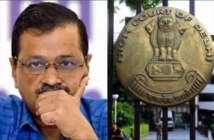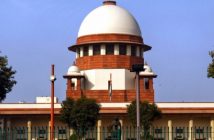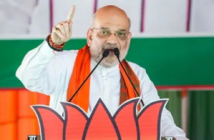By Mahua Venkatesh
New Delhi, April 15: Will the newly inducted Shehbaz Sharif government in Pakistan be willing to expand the tax base, curtail exemptions and bring in structural reforms required to fix the economy? Though the new coalition government has little time in hand with general elections slated next year, it will have to take “some tough decisions” to ensure that the economy starts to recover and it continues to get multilateral lenders’ assistance. The next few weeks will be critical to understand what the new government plans to do, analysts said.
According to Fitch Ratings, the change in the government has raised near-term policy uncertainty amid rising risks from rising commodity prices. China, too, is waiting for some political stability in the country before it rolls over a debt of $2.5 billion.
For Islamabad, the immediate task at hand is to renew negotiations with the International Monetary Fund (IMF). In February, the approved disbursement of $1 billion under its $6 billion loan programme. The IMF has indicated that it will continue with the programme under the new government but Sharif’s team will have to take “those tough calls” and not embark on the path of populism.
Pakistan’s total external debt in 2022-23 stands at $20 billion, of which $7 billion comprises Chinese and Saudi deposits, which are likely to be rolled over.
“Even then the new government would have to expand the tax base and curtail exemptions by bringing in structural reforms, if it really wants the economy to perform,” an analyst told India Narrative.
As on April 8, Pakistan’s foreign exchange reserves fell further to $10.8 billion from $11.3 billion recorded the previous week. This can support imports for just two months. Analysts also said that the new government is also expected to reach out to the Gulf nations.
“The new government will definitely try to iron out differences with the Gulf countries… this will also help Pakistan get further assistance,” an analyst told India Narrative.
A lack of initiative in implementation of the reform process could jeopardise Pakistan’s ability to get assistance from multilateral lenders such as the World Bank and Asian Development Bank.
“The Pakistan Tehreek-e-Insaf government is leaving behind a mess that is bigger in size and murkier than the one created by the government of the Pakistan Muslim League-Nawaz (PML-N) in 2018. It took about one year to clear the landmines that the PML-N had left behind but the chaos created by the PTI may even take longer before order is restored,” the Express Tribune said.
(The content is being carried under an arrangement with indianarrative.com)
–indianarrative




